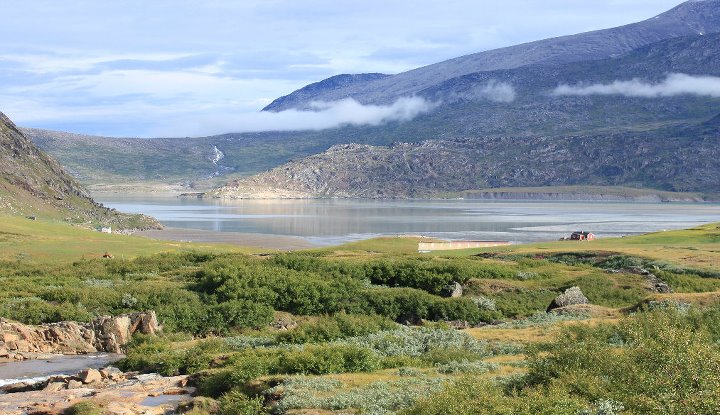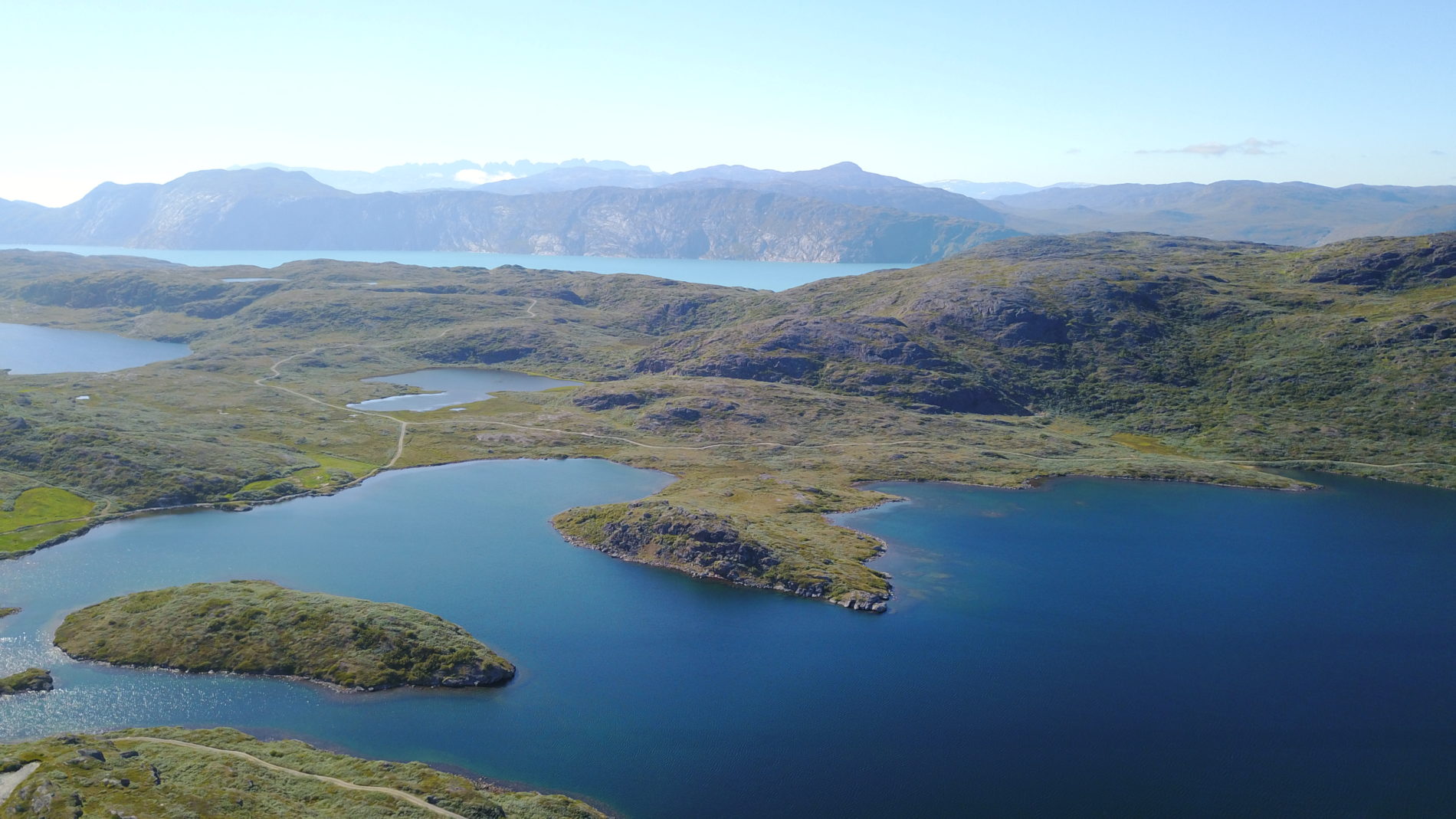Melting away the evidence
One of the major themes of the Arctic Vikings Field School is to explore the long-term history of climatic change in Greenland and how people in the past adjusted to those shifts. Additionally, we are very concerned with the current changes that are being observed throughout the circumpolar North, as warming soil temperatures and human activity are having profound effects on the archaeological record. We want students that go through our program to be able to connect the dots between the past and present and understand the delicate relationship humans have with the environment in the Arctic. Over the four-week duration of the field school, students will be asked to discuss topics that bridge the gap between the theoretical and the material and think critically about the various factors that shape our general approach to archaeological salvage in Greenland in the face of modern climate change.

The threat of climate change to heritage
Greenland is getting warmer and wetter. This means that most of our organic artifacts are starting to turn into mush. We already see this happening in many parts of South Greenland and other parts of the Arctic. It’s not a question anymore of “What is going to happen?” It is now a question of “How much can we save?” This research offers the potential to develop new approaches to working fast and smart in a place that is experiencing rapid environmental change. We also have the opportunity to help develop new insights into mitigating the larger heritage threats that can be anticipated on a global scale in the years and decades to come.

The ticking clock
The Arctic is a bellwether for climate change. These changes are already being felt and predicted around the world. What we are observing in Greenland appears to be just the (literal) tip of the (actual) iceberg. What we know is that these changes are immediate and irreversible and the stakes are high for everyone. Our generation lives at a crucial time and must collect as much data as possible before it is completely lost. To learn more about the program, please visit the field school page.

